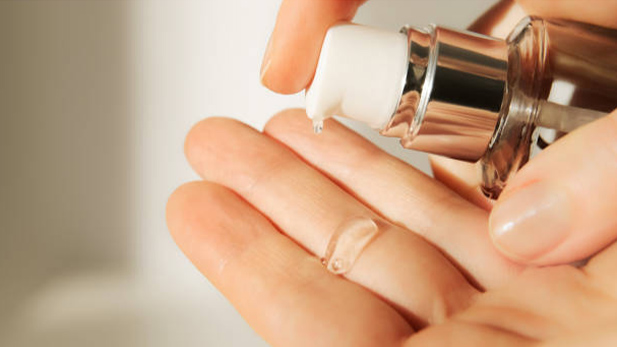Hyaluronic Acid: Why You Need it After 40
Hyaluronic acid is ever growing in popularity. Medical grade and over the counter skin care brands alike boast about this special ingredient included in their serums, masks, and moisturizers. But what exactly is hyaluronic acid and how does it benefit your skin? And why is it especially essential if you’re 40 and above? We looked to a few experts to find out. Here is what we learned.
The Experts
- Board-certified Dermatologist Shereene Idriss specializes in facial aesthetics and rejuvenation, and she is based in New York City.
- Tsippora Shainhouse, MD, is a board-certified dermatologist in Beverly Hills and a clinical instructor at the University of Southern California.
- Min S. Ahn, MD, is a double-board-certified facial plastic surgeon located in Boston.
- Board-certified Dermatologist Nava Greenfield practices in New York City.
- Karan Lal, MD, is a board-certified dermatologist and director of cosmetic dermatology at Affiliated Dermatology in Scottsdale, Arizona.
What is hyaluronic acid?
The Cleveland Clinic defines hyaluronic acid- also known as hyaluronan or hyaluronate – as a gooey, slippery substance that your body produces naturally. It’s found throughout the body, especially in the eyes, joints and skin.
According to board-certified dermatologist Nava Greenfield, MD of New York City, this type of glucosamine is abundant in the skin. It serves as a water-binding molecule, drawing in and storing large amounts of water for hydration and plumpness.
What are the benefits of HA?
Unfortunately as we get older, the amount of hyaluronic acid in our skin decreases, says Karan Lal, MD.. This is why so many anti-aging products include hyaluronic acid as a major component. Similarly to the hyaluronic acid made by our bodies, lab-made skin-care items “pull and contain water molecules” on the skin’s surface. This helps to replenish lost moisture and, consequently, very subtly improve the appearance of fine lines and wrinkles.
Who should use hyaluronic acid?
It’s especially important for those 40 and over to incorporate HA into their skincare. As we age, our bodies naturally make less of this substance than it once did, declining faster in our 40’s. Sandra Bontempo, a cosmetic chemist, states that those with dry and/or more mature skin will gain the most from the use of hyaluronic acid. She explains, “As the years go by, our bodies generate less of it, so people in their middle-age and older should supplement hyaluronic acid orally for the most benefit.”
No matter what your skin type is, using hyaluronic acid is perfectly safe as it is something naturally produced in our bodies. Though, if you do experience any negative effects from a product containing it, it is best to consult a doctor as it could be due to an active or inactive ingredient other than the acid itself.
How and when to use it
There are a few ways to incorporate hyaluronic acid into your skincare routine. Oral supplements are a great addition to topical skincare. Simply take them as directed. When using HA in topical skincare, make sure to look for peptides and ceramides. Dr. Low says, “Peptides are the building blocks for the skin and they help hydrate the skin and retain moisture. Ceramides restore the skin barrier and, in addition to hyaluronic acid, can really boost the skin’s moisturization.” When using serums and creams, make sure to cleanse the face thoroughly before applying them. This gives the hyaluronic acid the best chance at penetrating the skin. Now keep that skin hydrated and plump!




